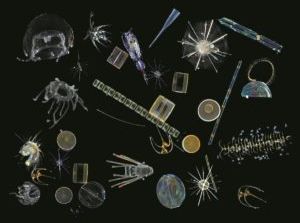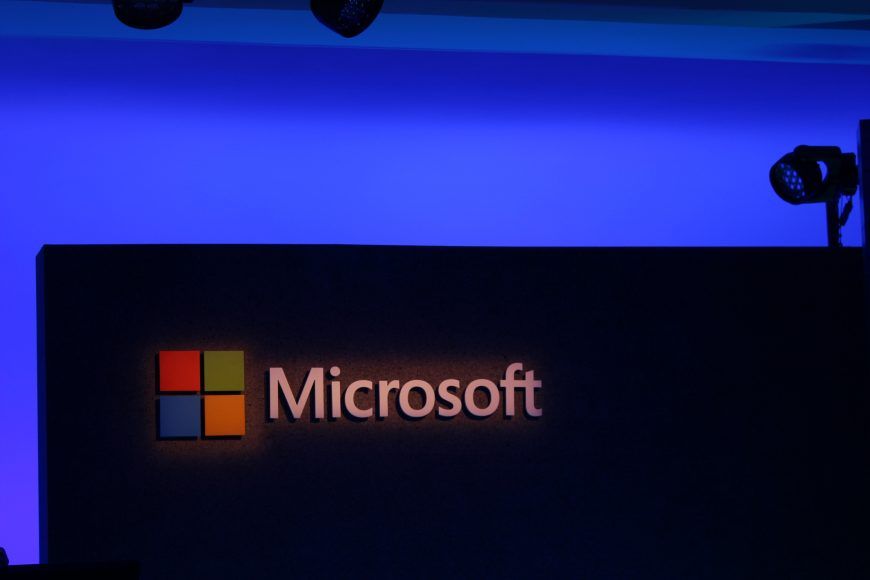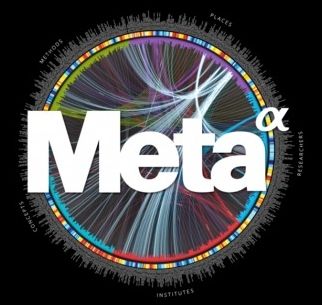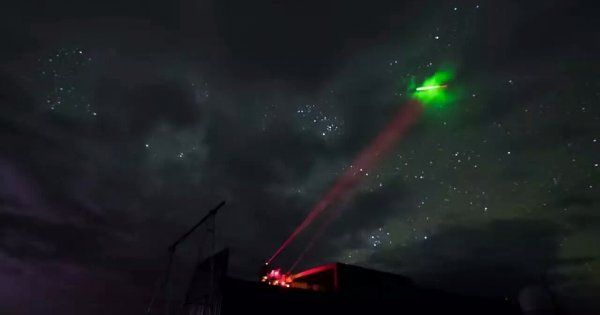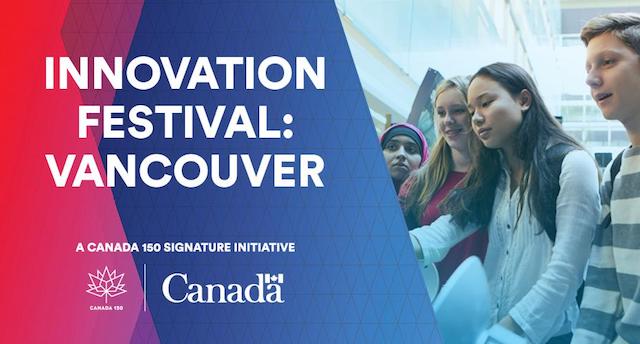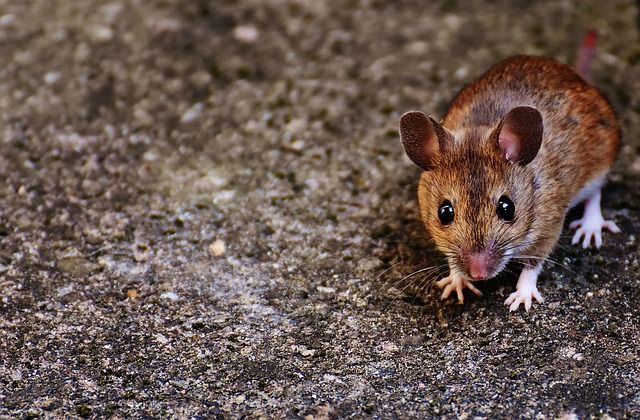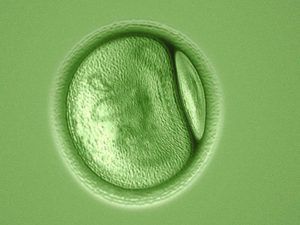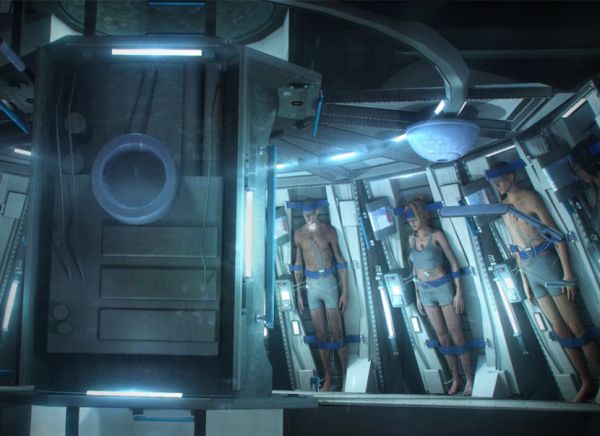Feb 7, 2017
Genetics Is Giving Way to a New Science of Life
Posted by Karen Hurst in categories: biotech/medical, education, genetics, science
By Jonathan Latham, PhD
Test your understanding of the living world with this simple question. What kind of biomolecule is found in all living organisms? If your answer is “DNA”, you are incorrect. The mistake is very forgiveable though. The standard English-language biology education casts DNA (DeoxyriboNucleic Acid) as the master molecule of life, coordinating and controlling most, if not all, living functions. This master molecule concept is popular. It is plausible. It is taught in every university and high school. But it is wrong. DNA is no master controller, nor is it even at the centre of biology. Instead, science overwhelmingly shows that life is self-organised and thus the pieces are in place for biology to undergo the ultimate paradigm shift.
